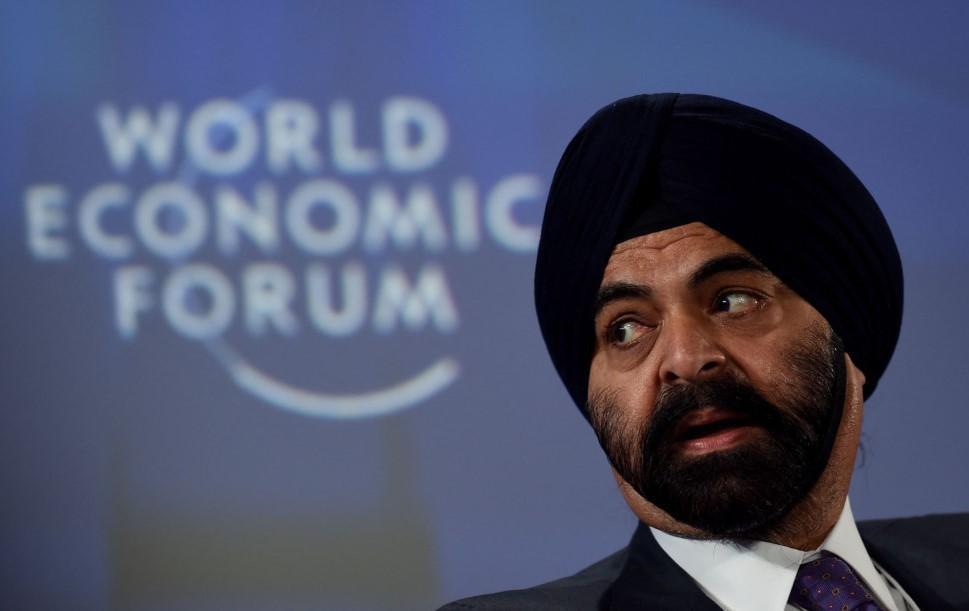
The United States’ candidate to head the World Bank, Ajay Banga, told reporters on March 2 he is looking towards more private sector funding to tackle financing for global problems.
Banga’s comments came a week after President Joe Biden announced his nomination, and as the development lender carries out the selection process for its new leader.
His nomination comes amid a push for organizations like the World Bank to revamp and more effectively address global problems like climate change.
“There is not enough money, whether in the multilateral development banks or in the large developed world governments, or in civil society, even with the most philanthropic intentions,” Banga said.
“There is not enough money without the private sector,” he added, noting that this could come in many ways.
Banga said that an organization like the bank would have to create an engagement model, whether it involves sharing of risk or mobilizing private capital, rather than just lending its own capital.
“These are all tools in the toolkit and I’m going to try and figure it out,” said Banga, who is Indian-American and formerly Mastercard’s chief executive.
For now, Banga said he was meeting with various stakeholders to understand what their priorities are.
He is planning to meet officials in Europe, Africa, parts of Asia including China, India and Japan, as well as Latin America in the coming weeks.
Asked about climate change, he acknowledged that it is a problem and that he believes in it, given that there is scientific evidence.
But he said the issue goes beyond greenhouse gases and added that while much progress has been made on reducing poverty in recent decades, the past two to three years have been “like cold water being thrown.”
“We’ve lost a lot of the progress we’ve made. We need to get that back,” he said.
“My belief is that poverty alleviation or shared prosperity or all those words that essentially imply the idea of tackling inequality cannot be divorced from the challenges of managing nature,” he said.
The president of the World Bank is typically American, while the leader of the International Monetary Fund is customarily European.
Last month, current World Bank President David Malpass said he would step down nearly a year early, ending a tenure that has been clouded by questions over his climate stance.